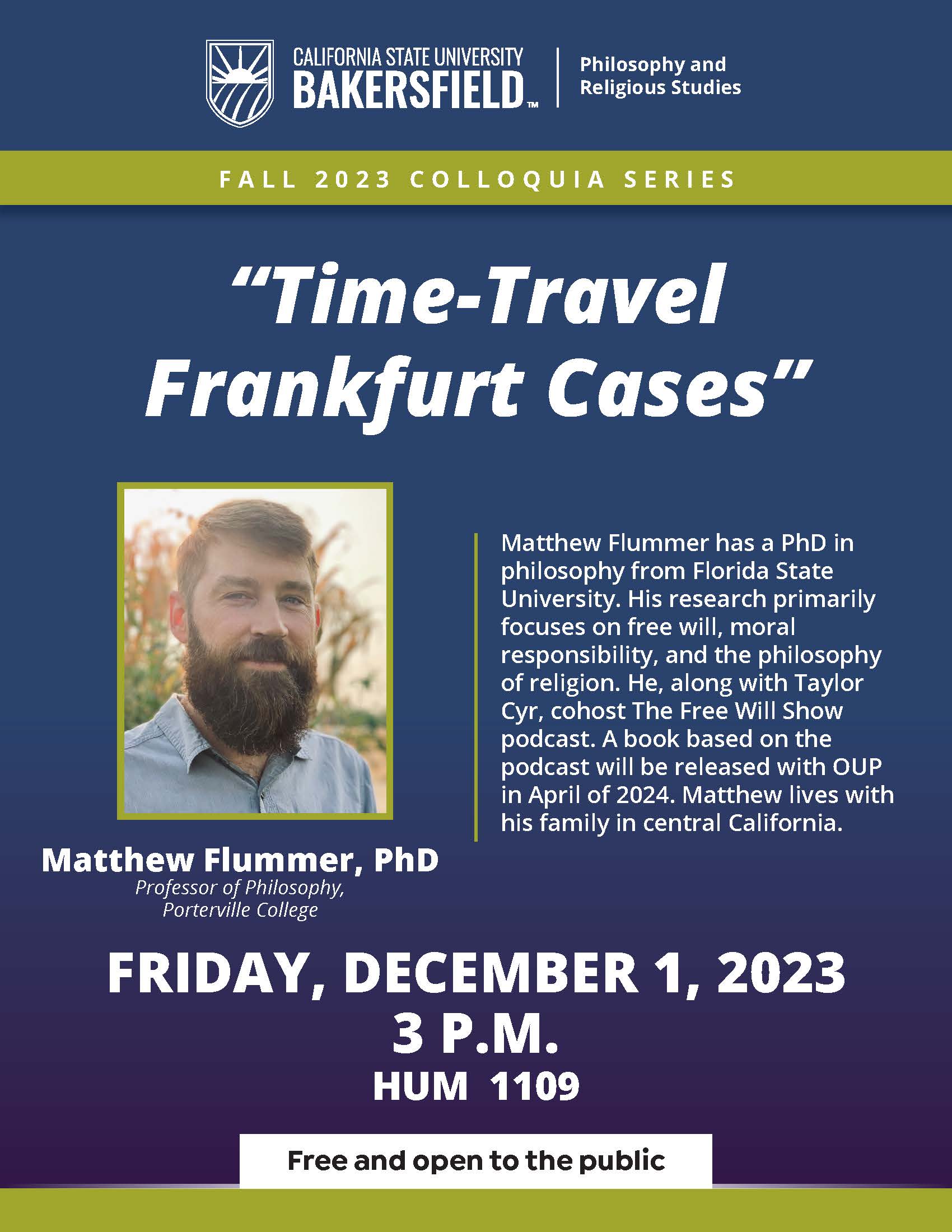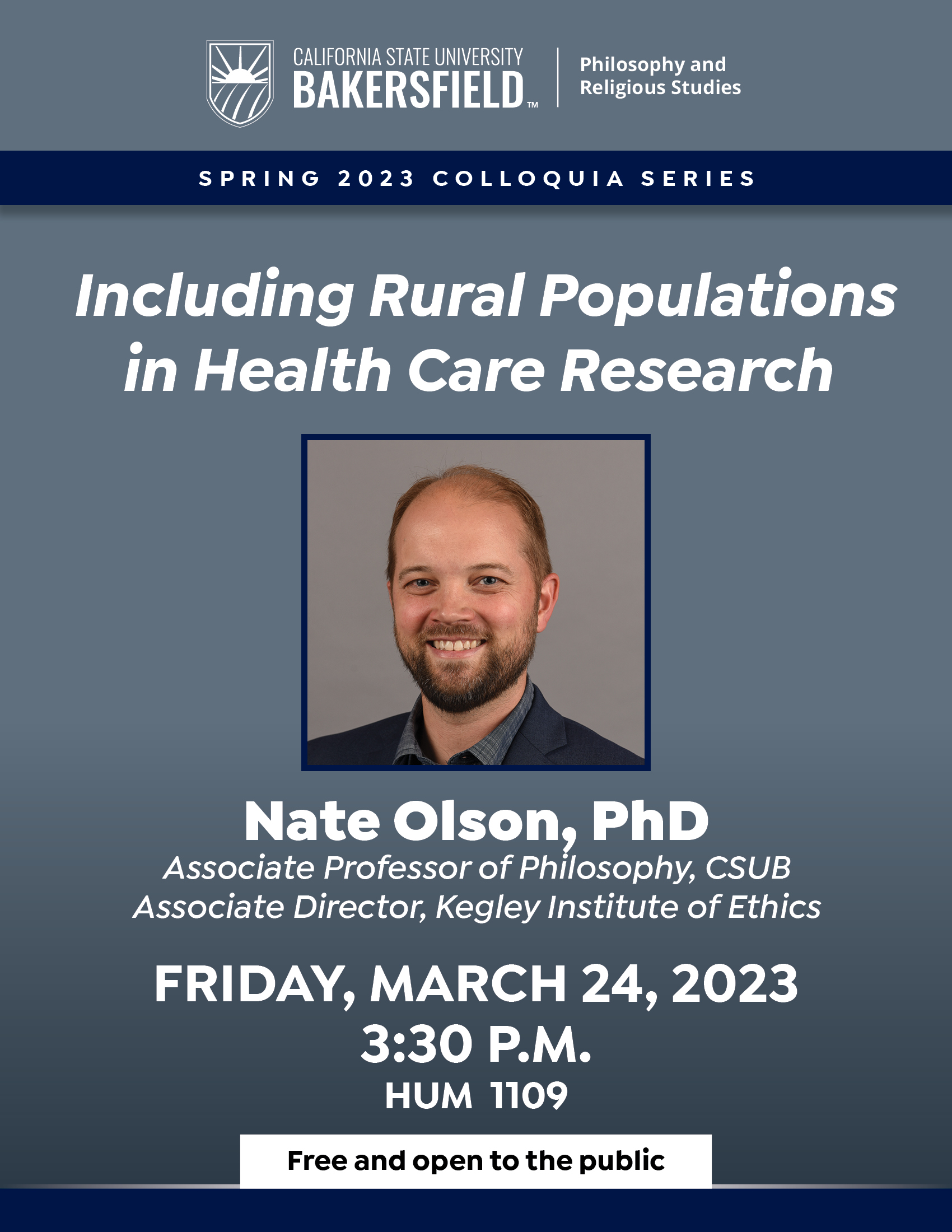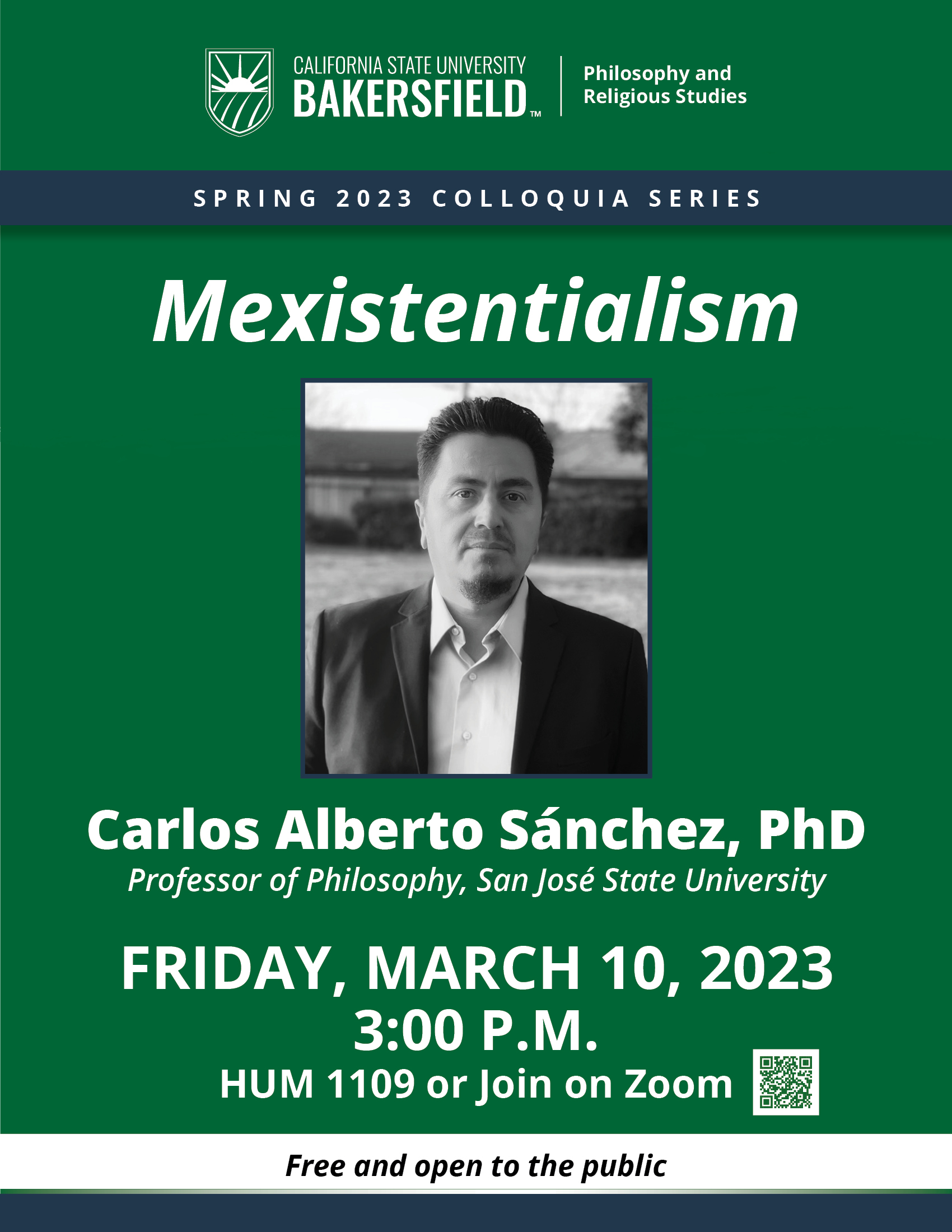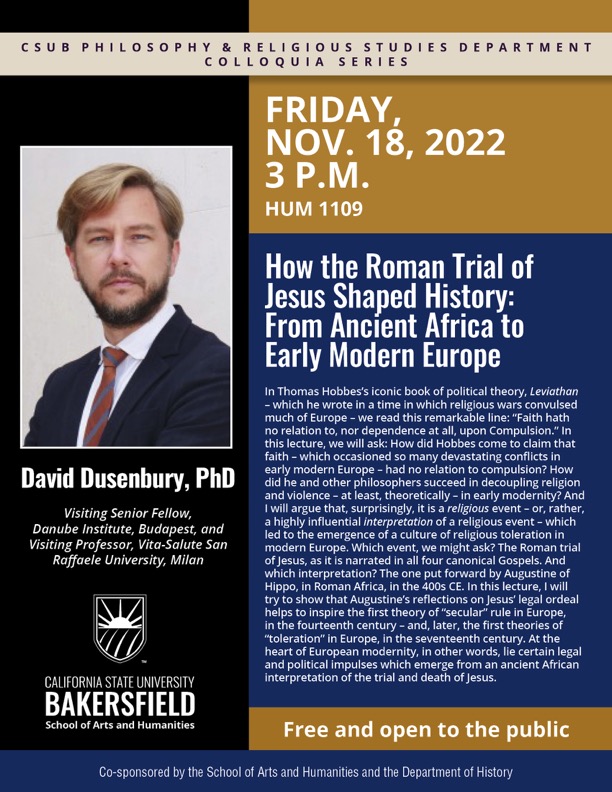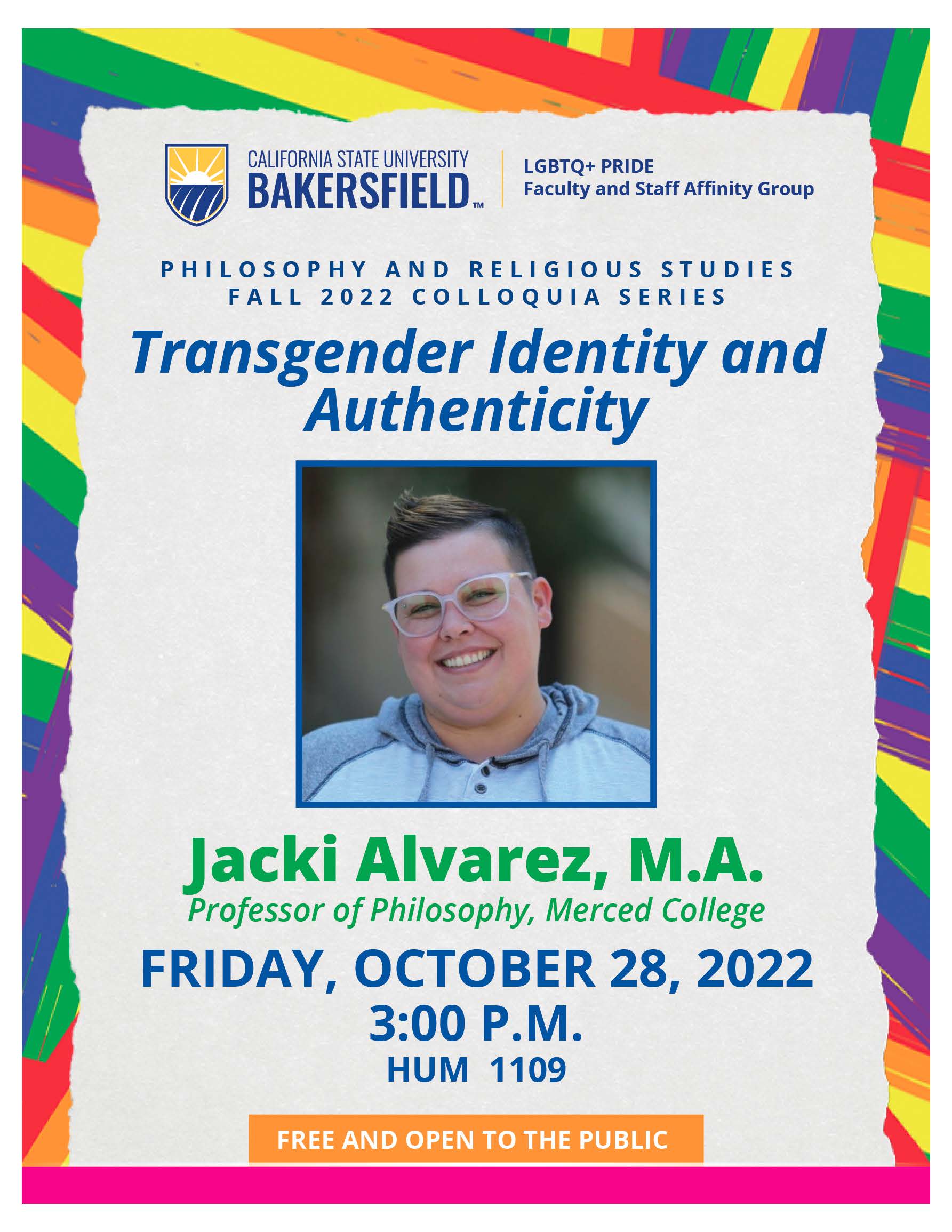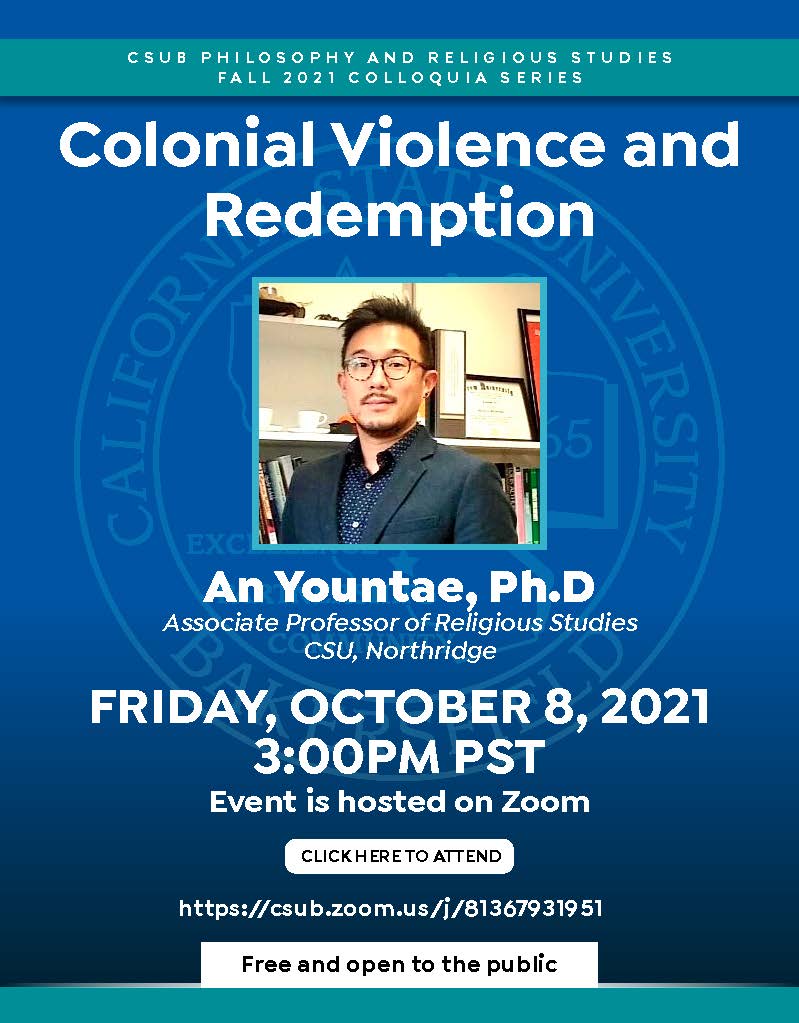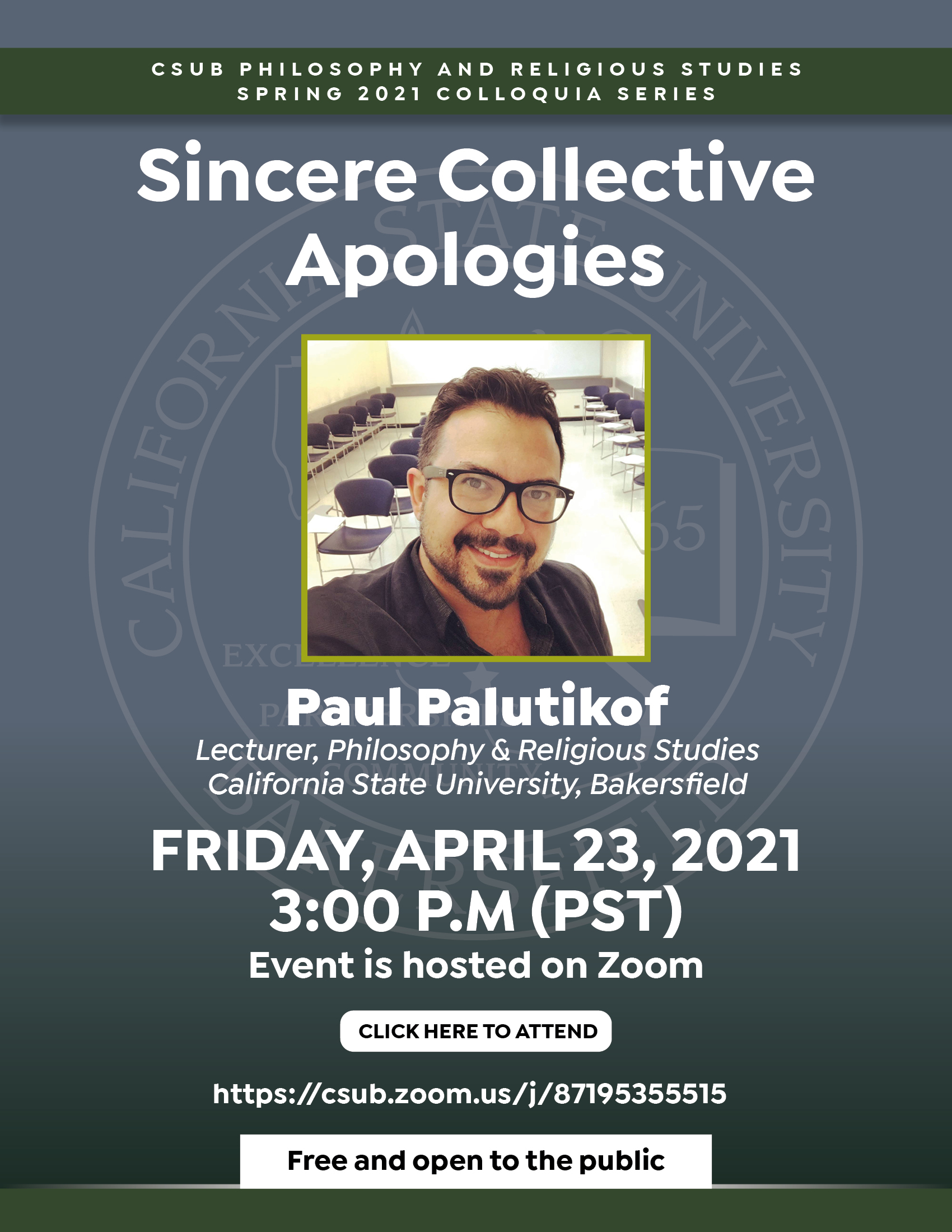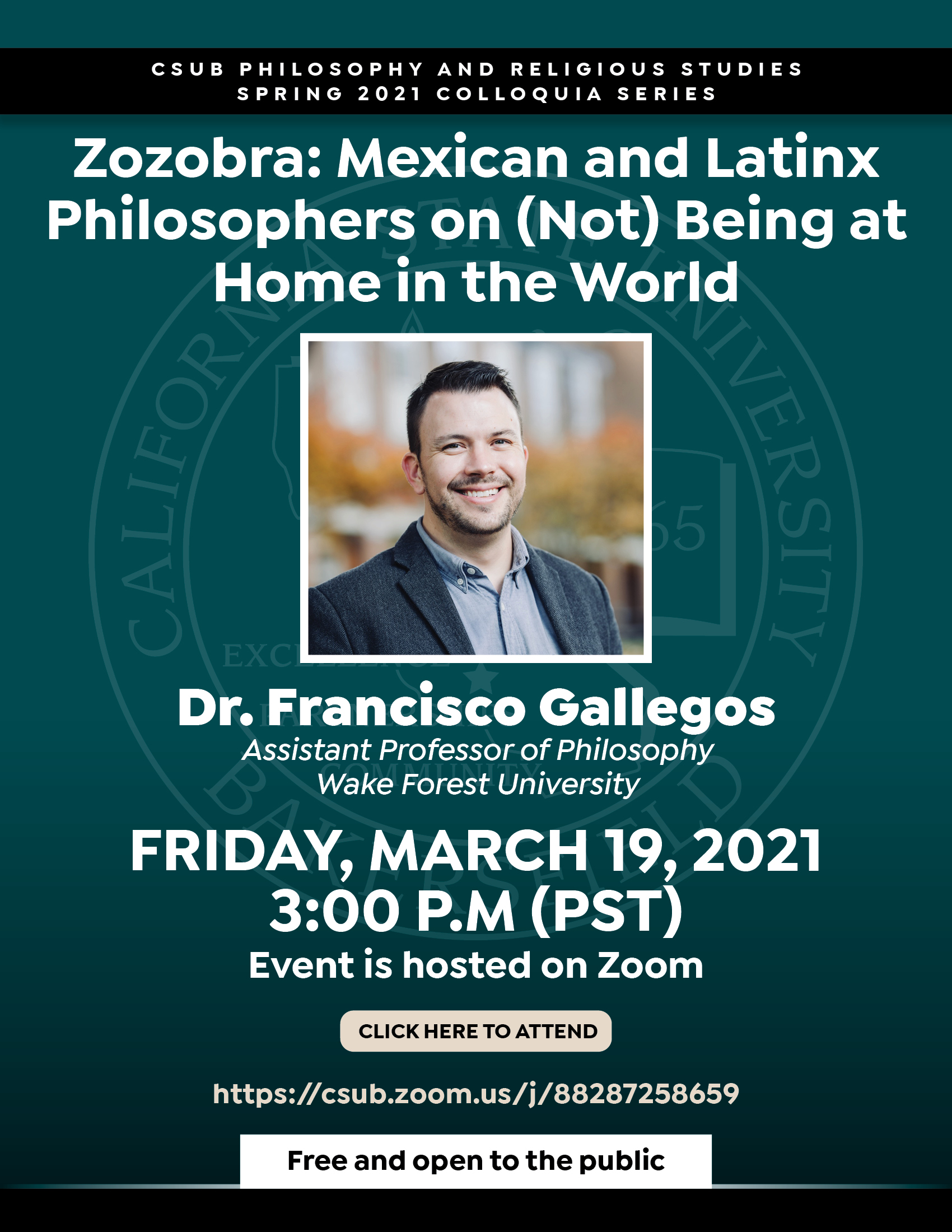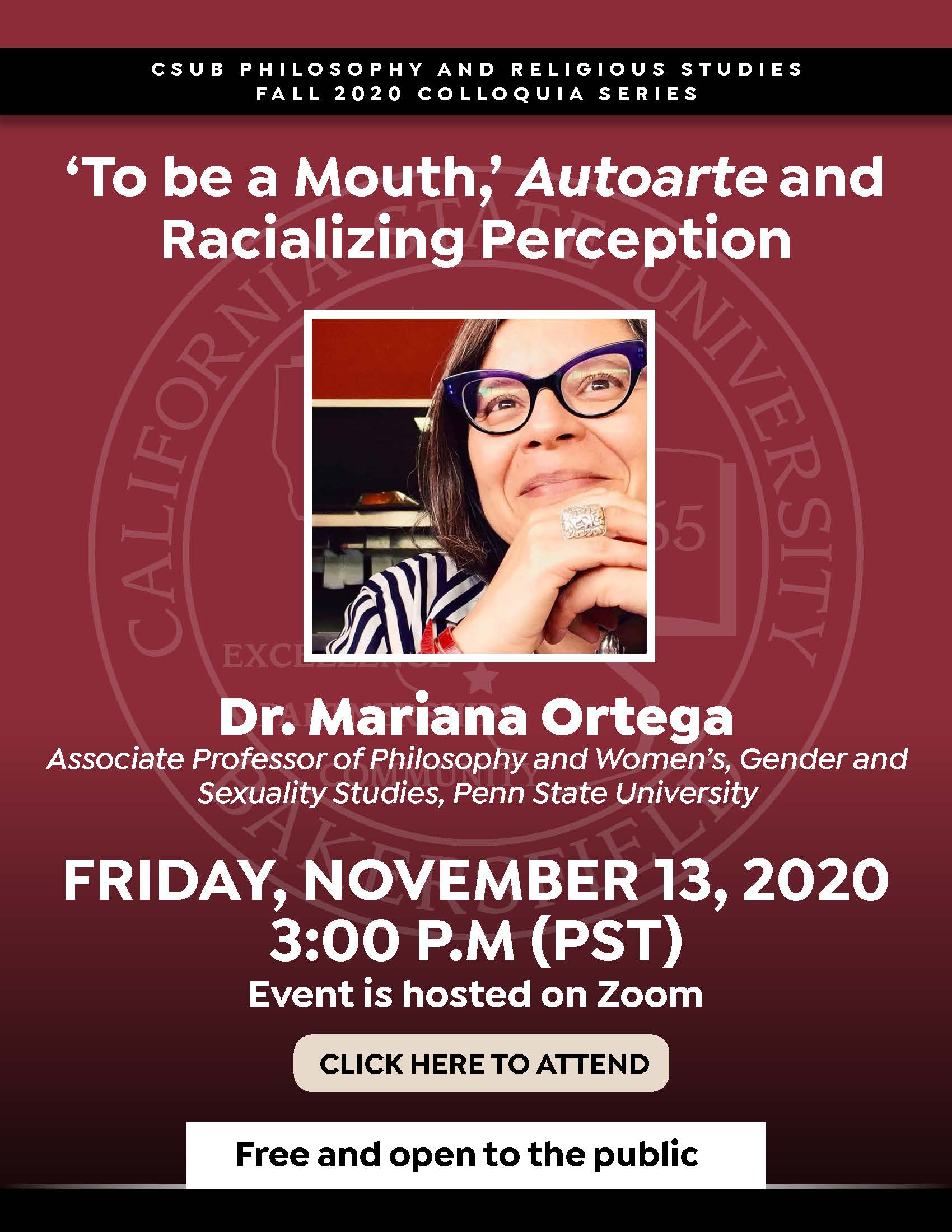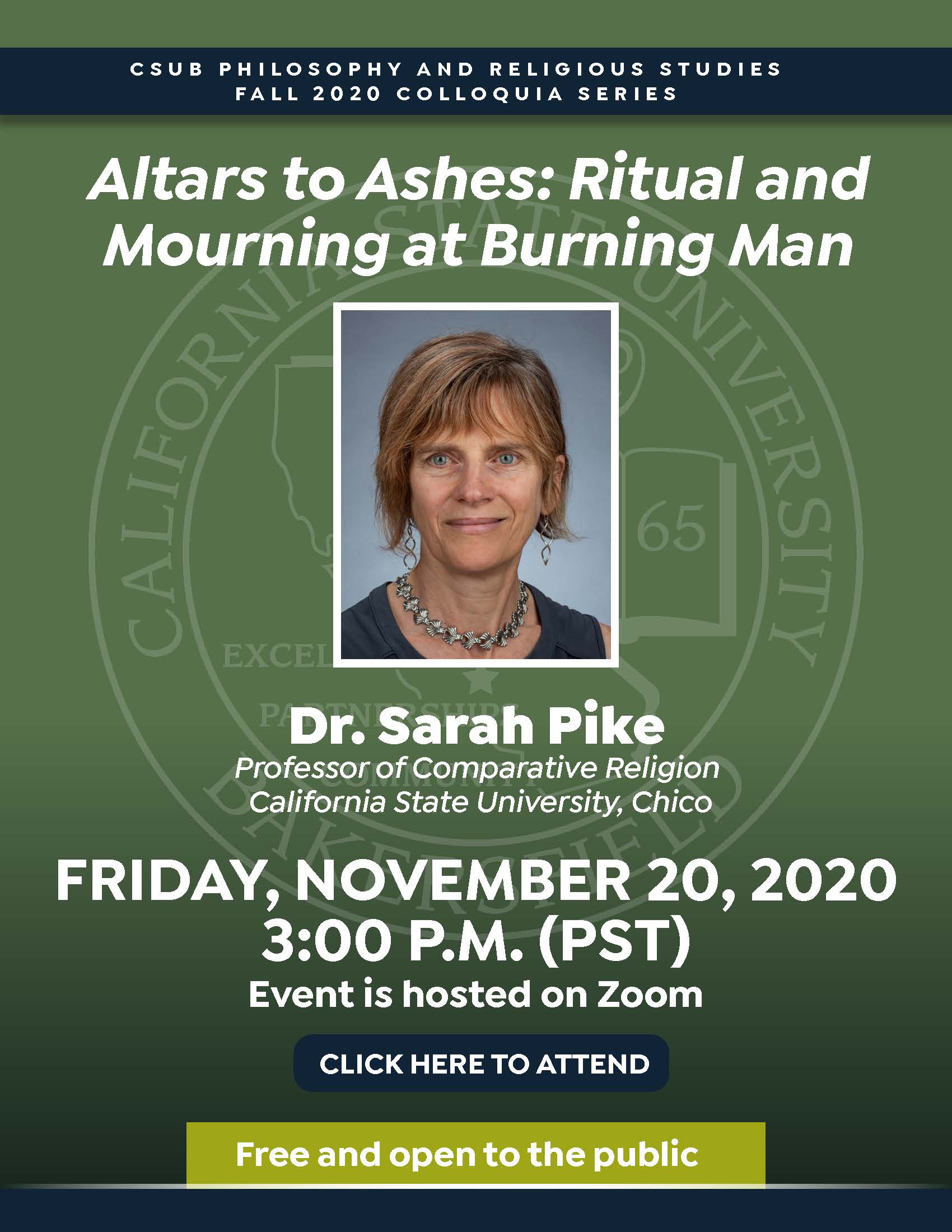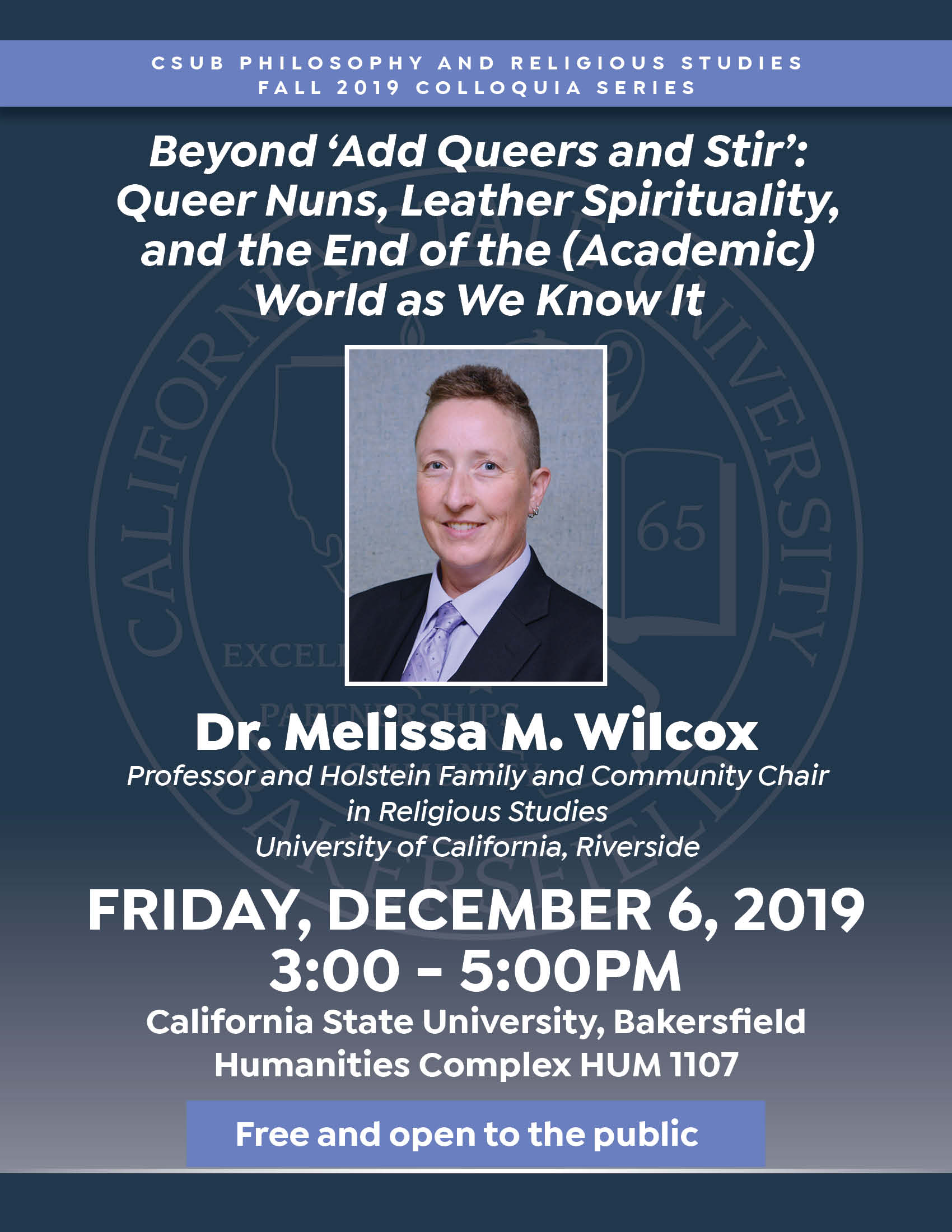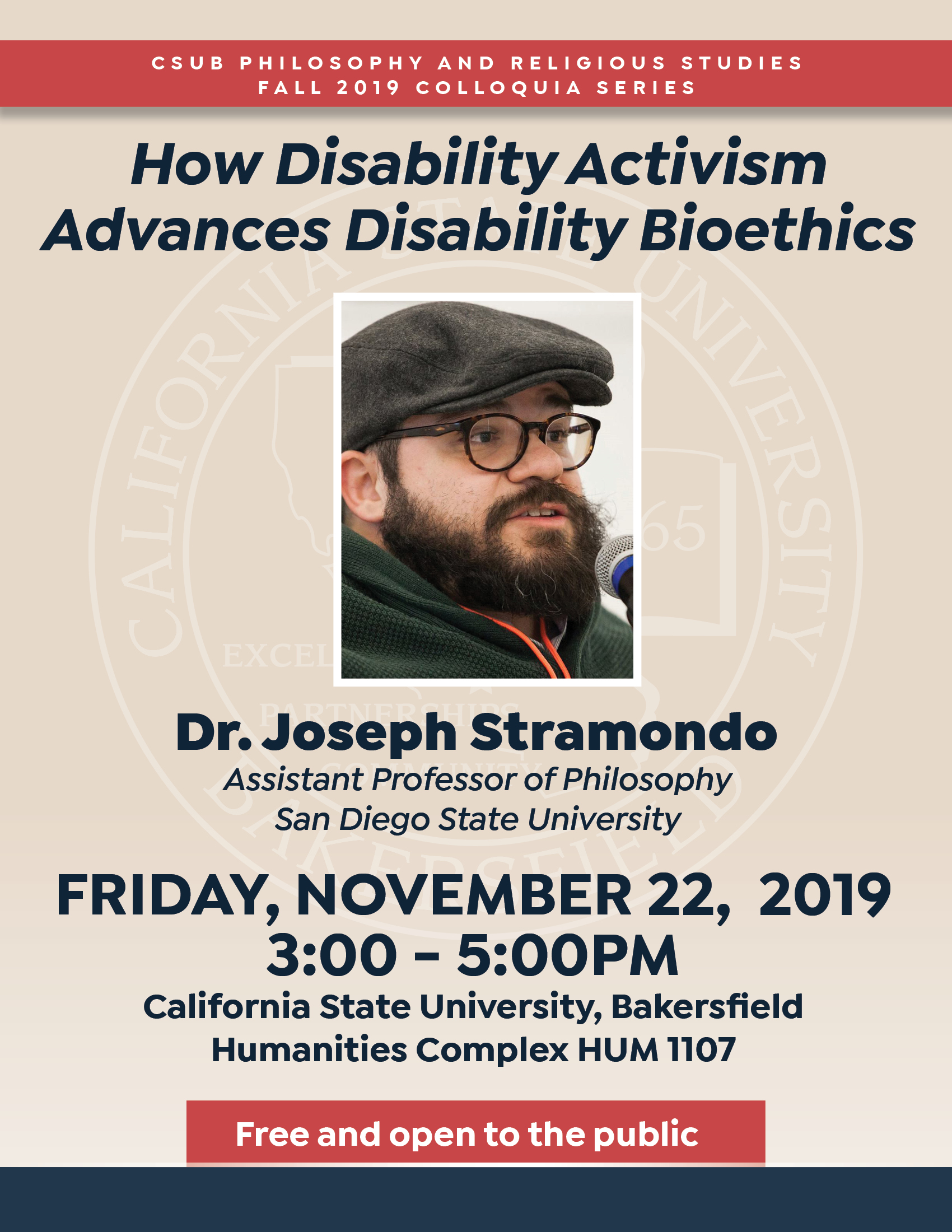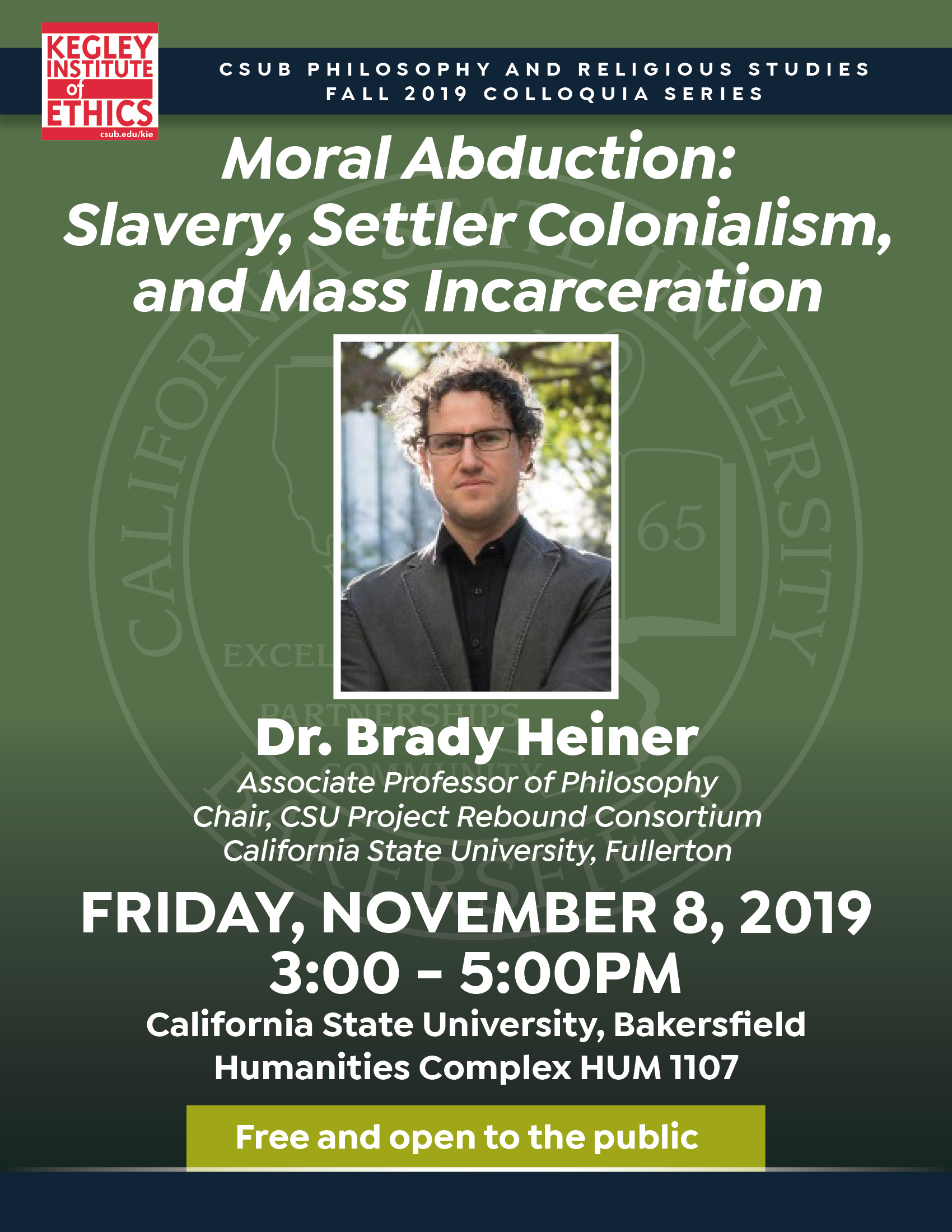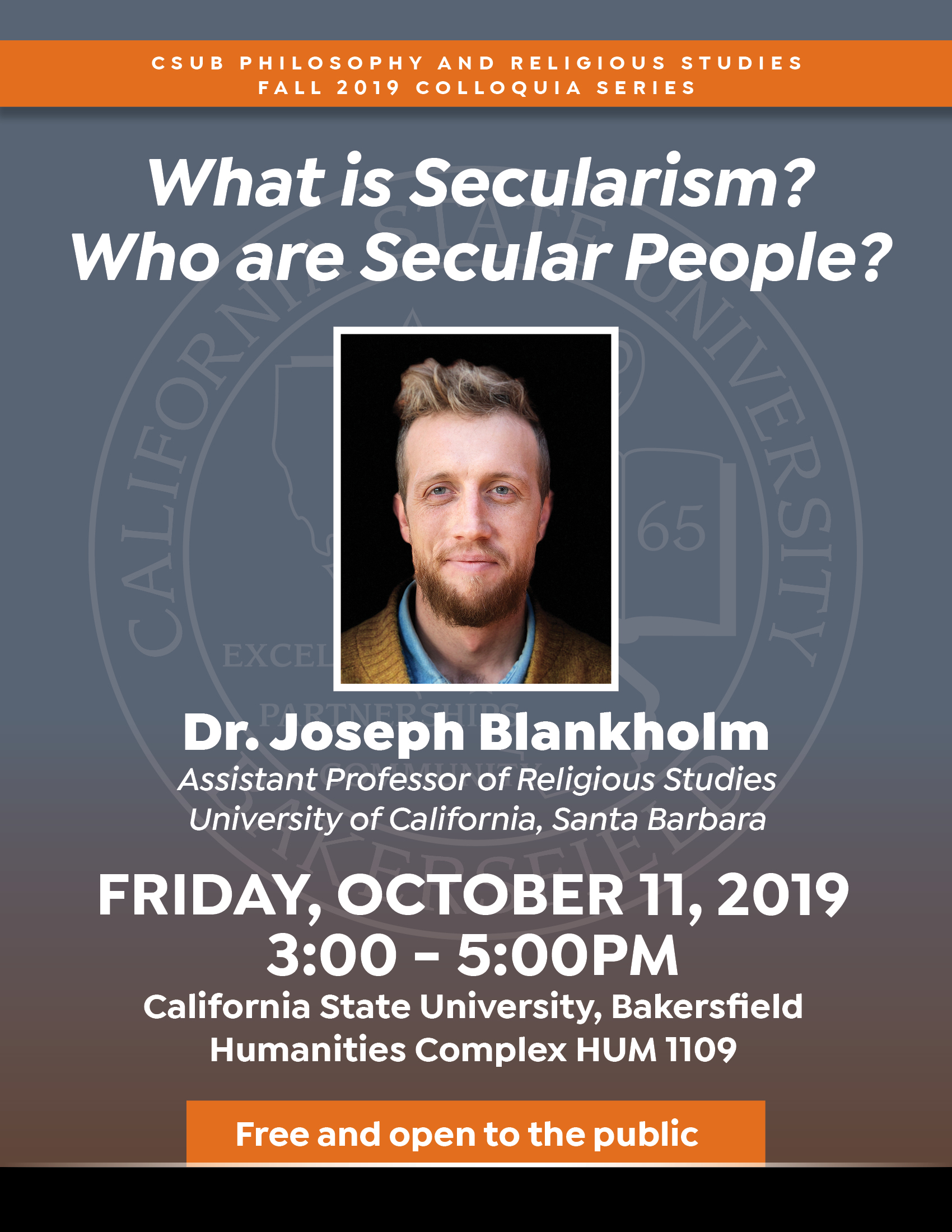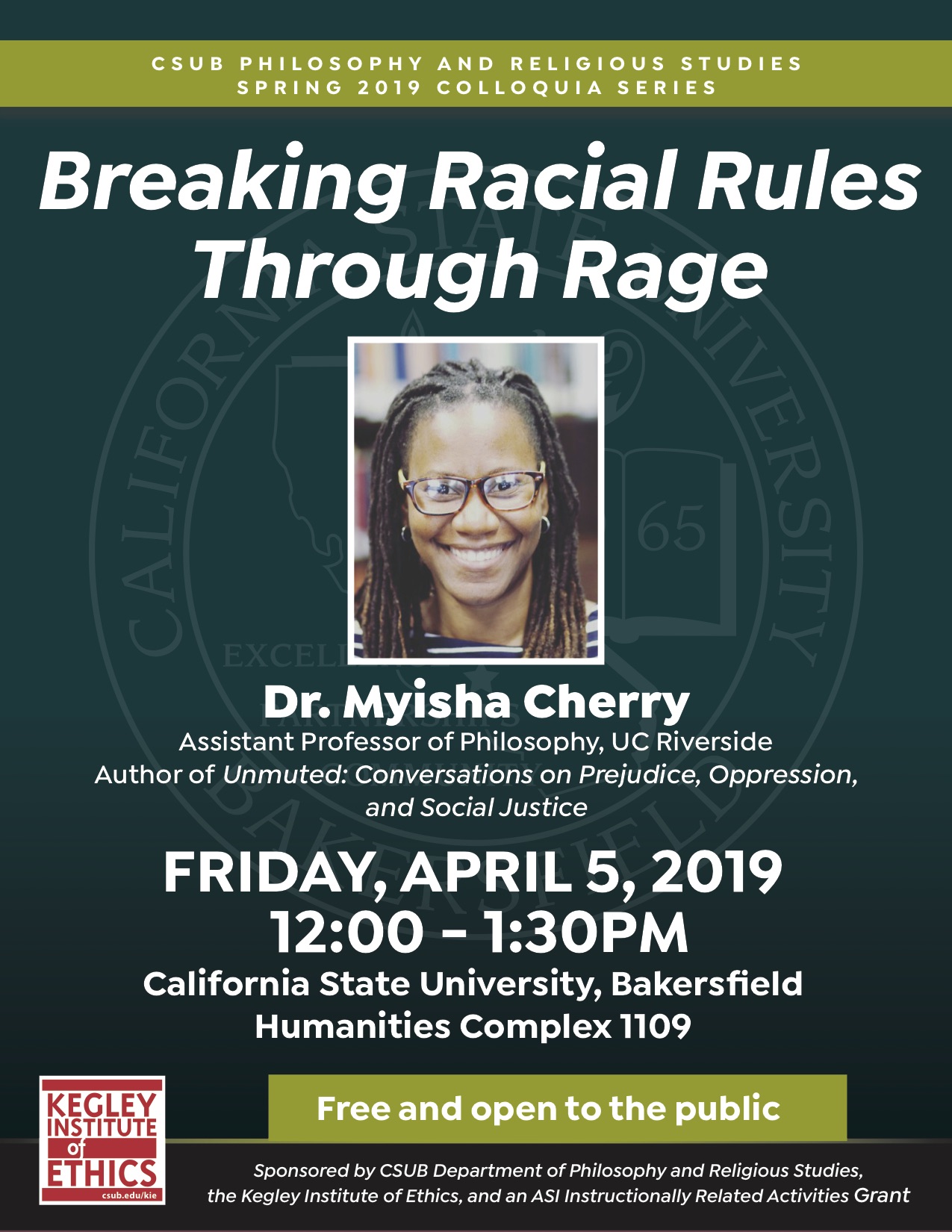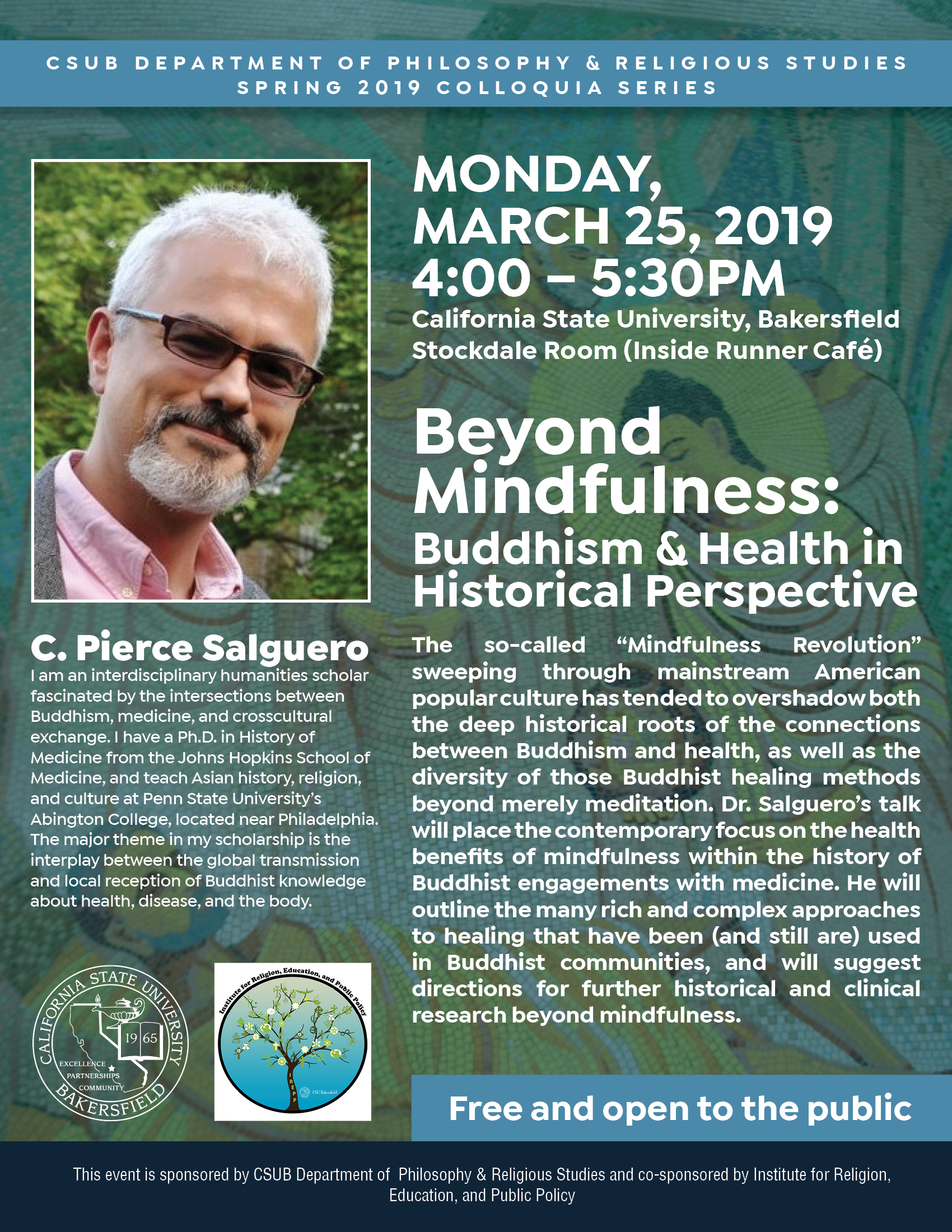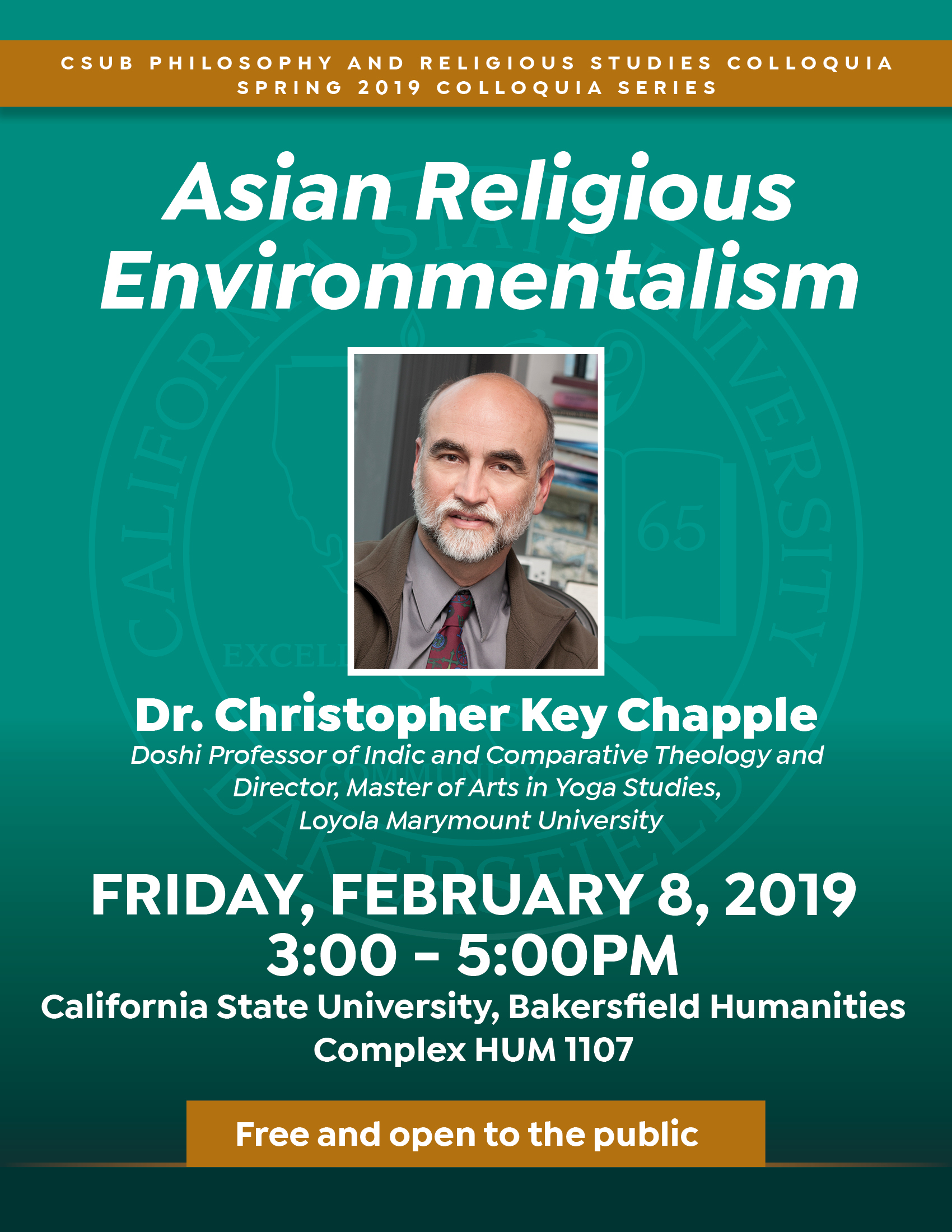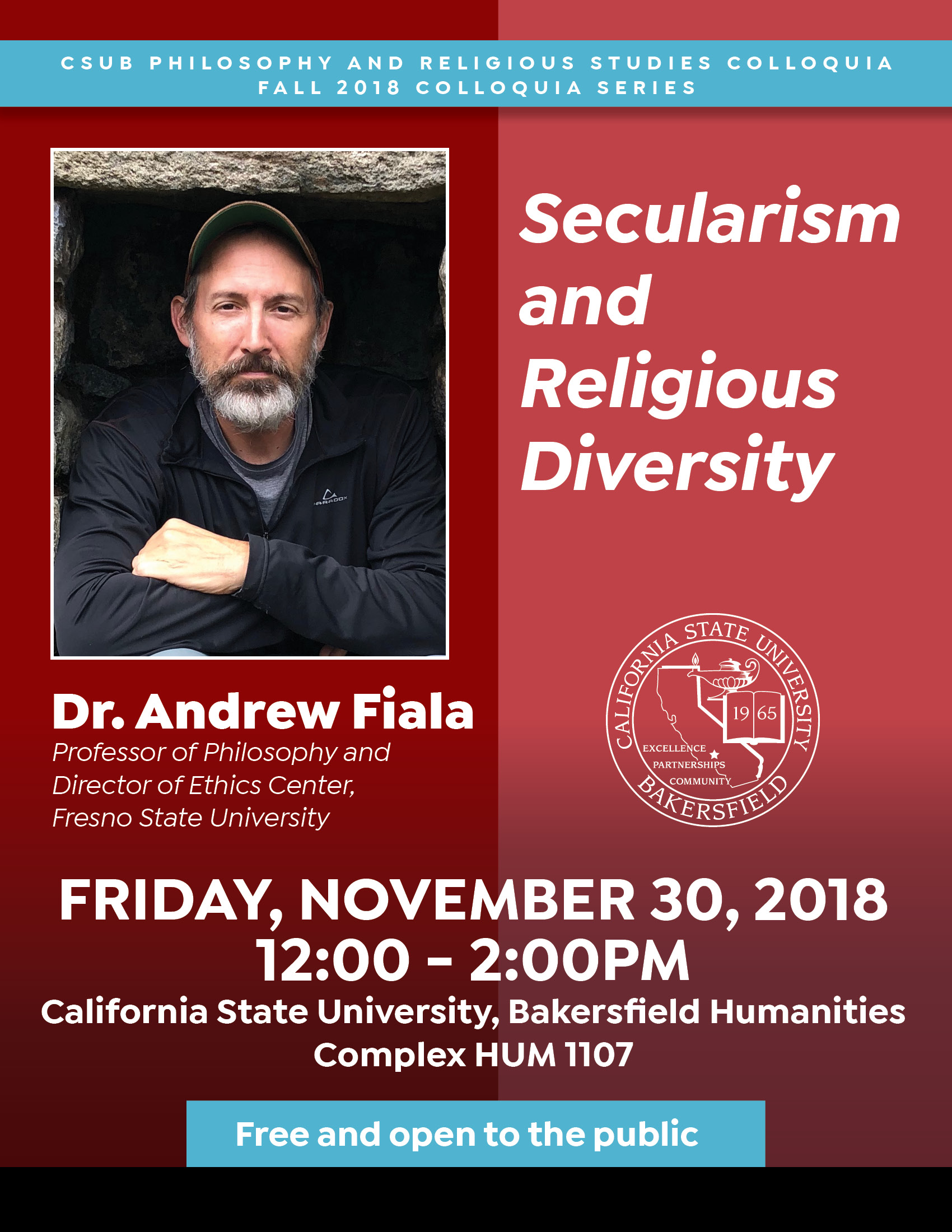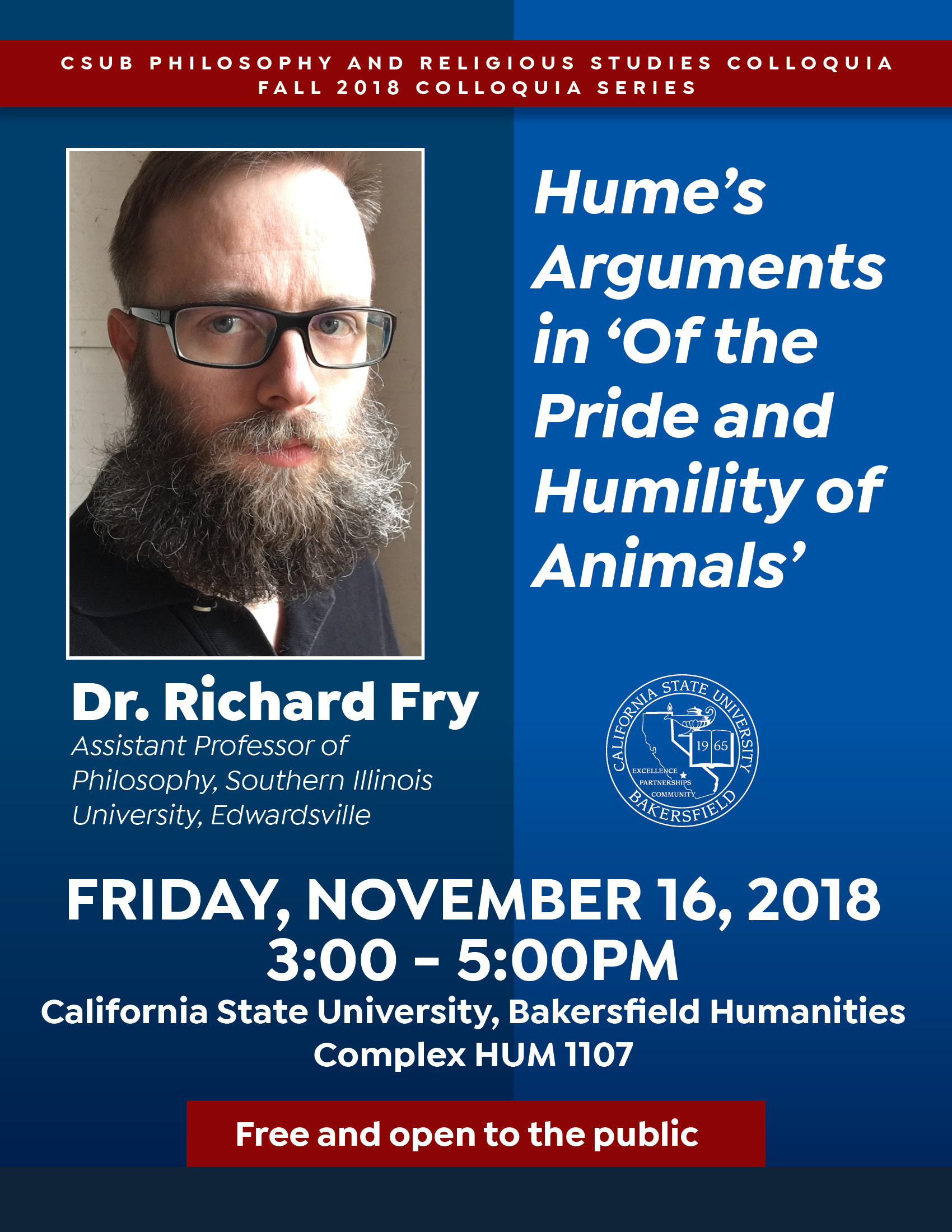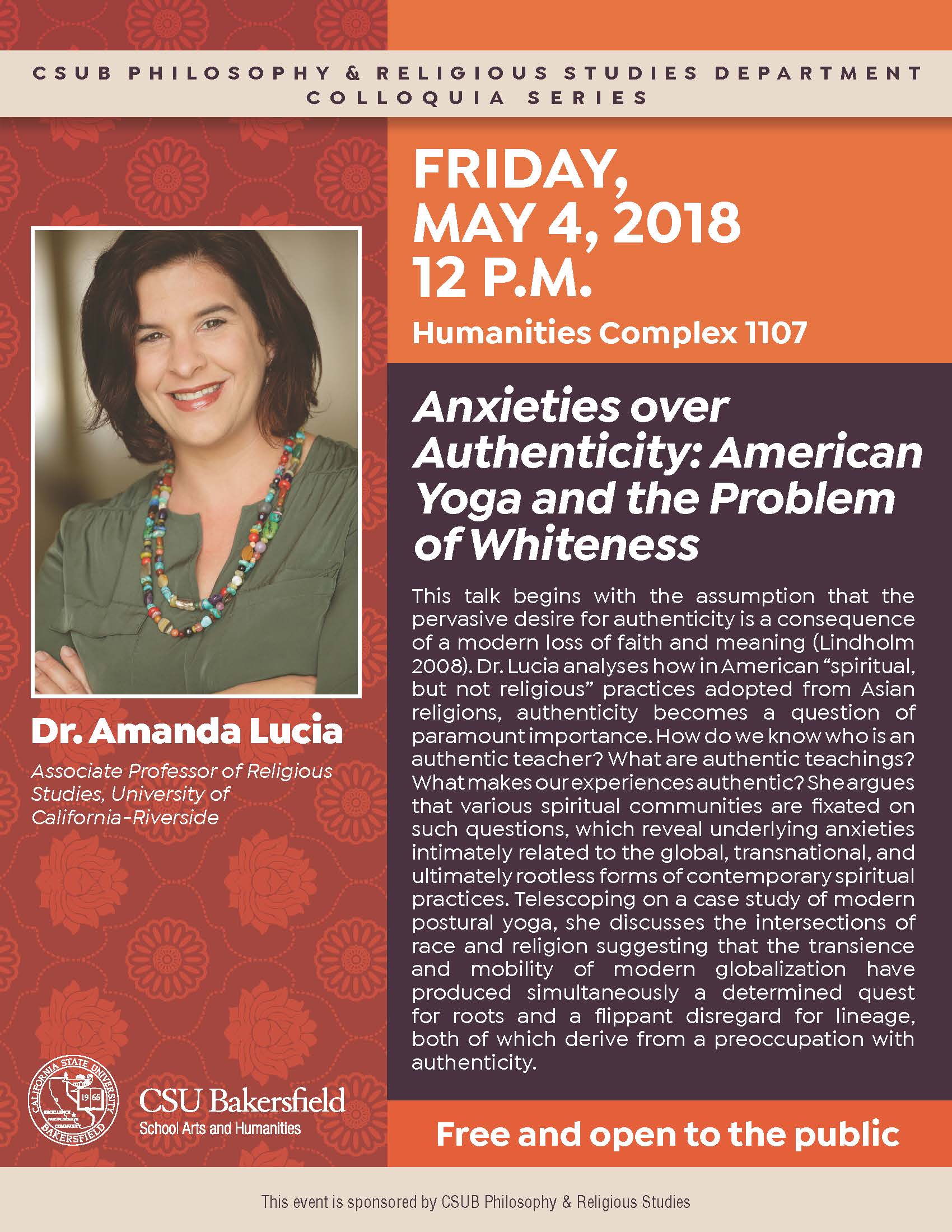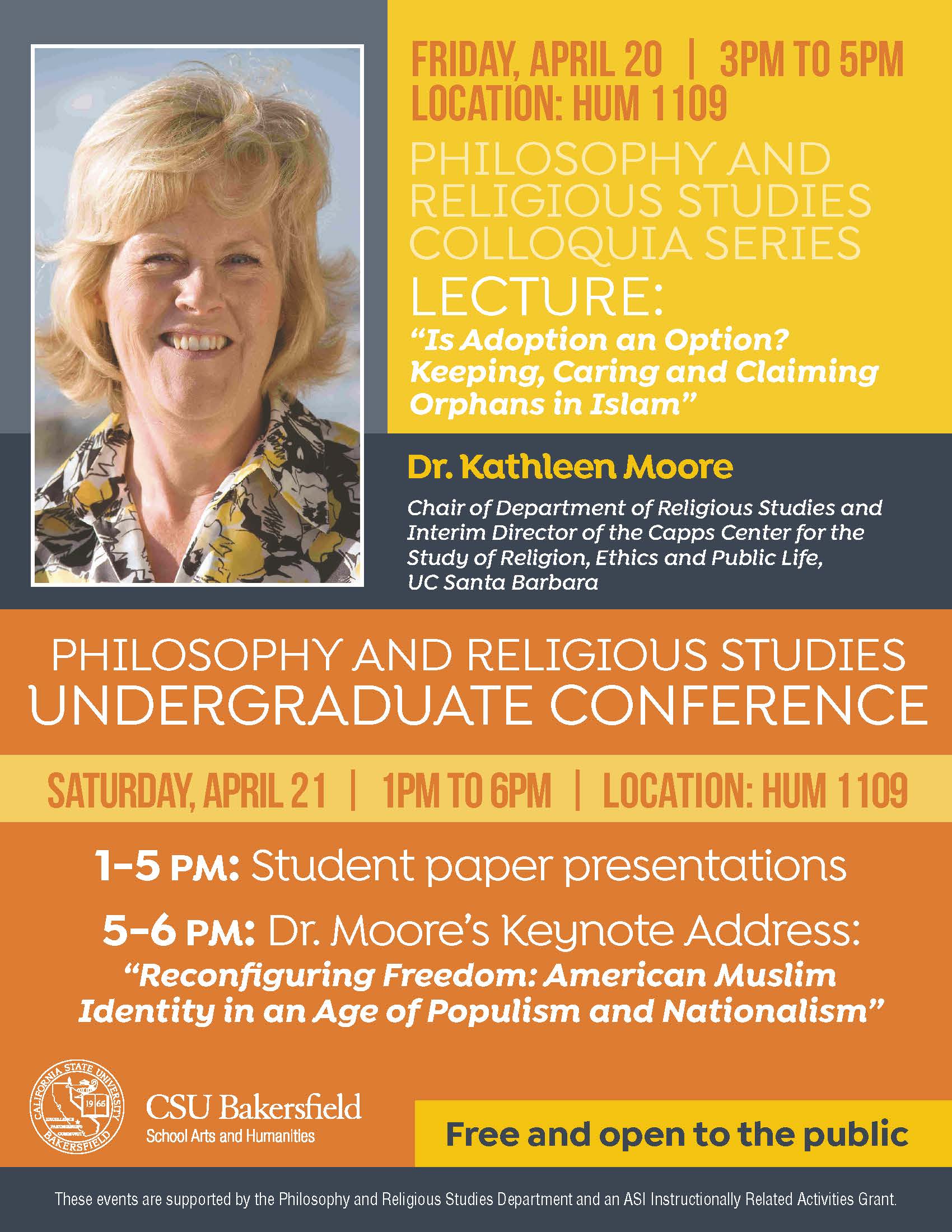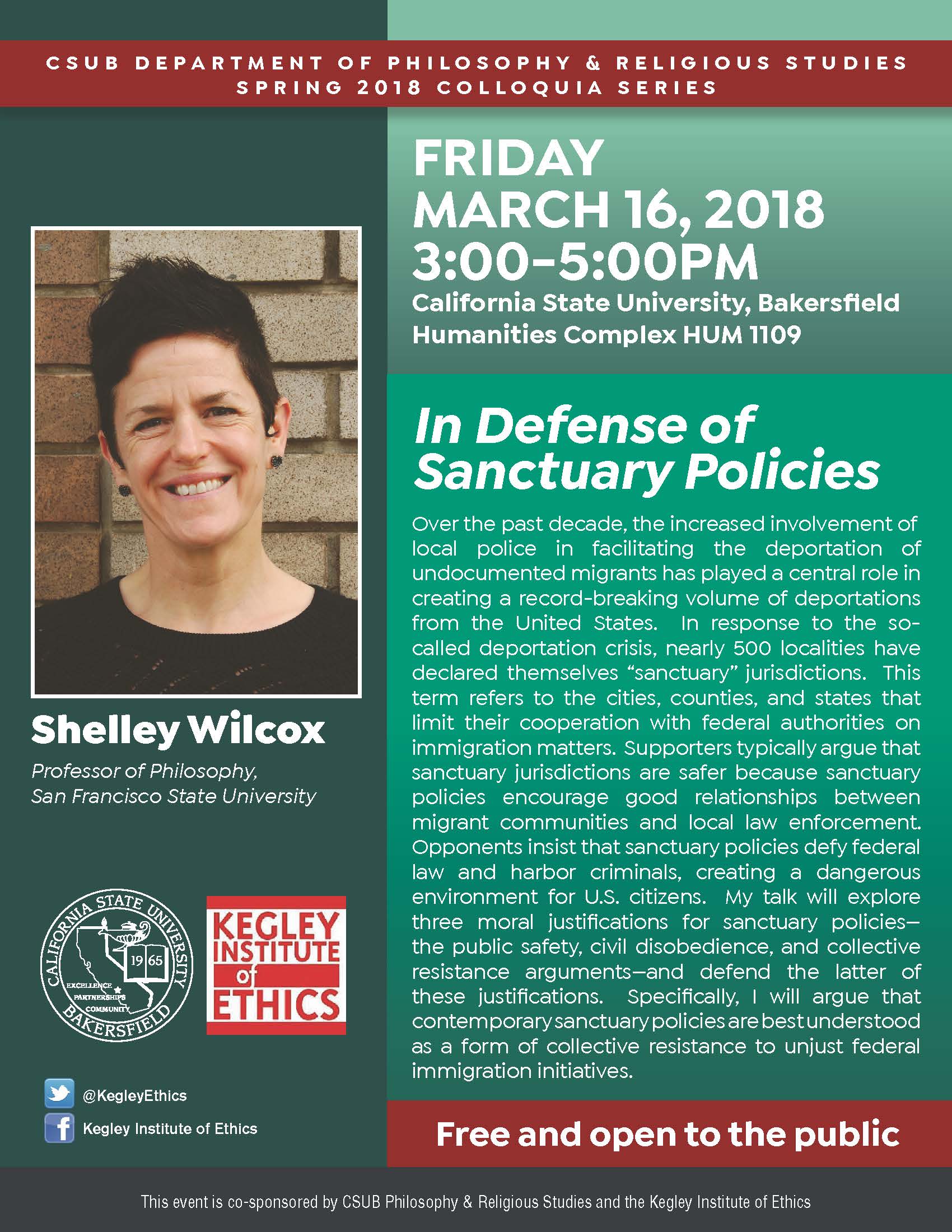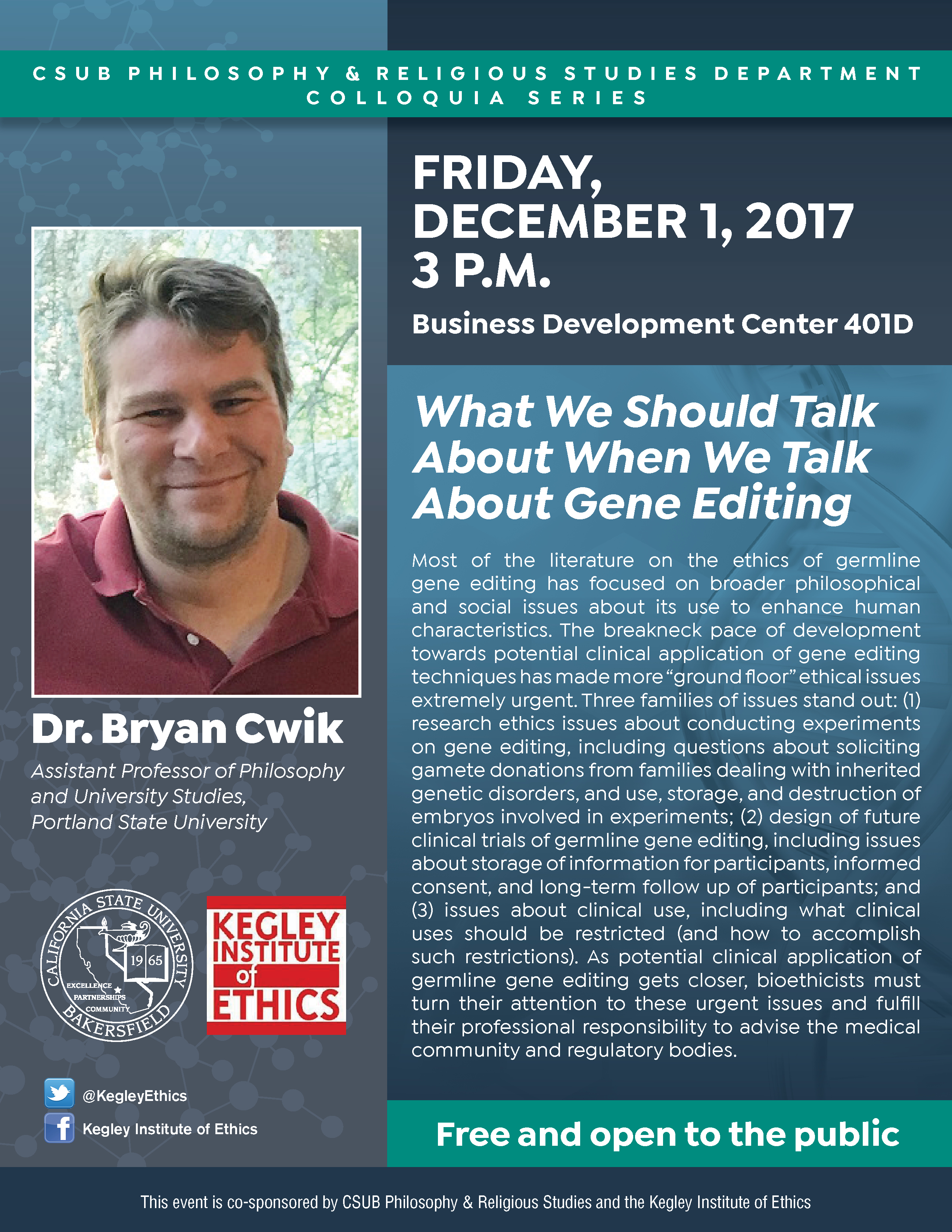- Discover CSUB
- |
- Academics
- |
- Admissions
- |
- Student Life
- ASI (Student Government)
- Antelope Valley Campus
- Bookstore
- Campus Dining
- Campus Programming
- Career Education and Community Engagement (CECE)
- Children's Center
- Counseling Center
- Graduate Student Center
- Health Center
- Housing and Residence Life
- Services for Students with Disabilities
- Student Financial Services
- Student Organizations
- Student Recreation Center
- Student Rights and Responsibilities
- Student Union
- Vice President for Student Affairs
- Wellness
- |
- Athletics
- |
- News & Information
Philosophy & Religious Studies Colloquia Series
2023-24 Colloquia Series Schedule
2022-23 Colloquia Series Schedule
2021-22 Colloquia Series Schedule
2020-21 Colloquia Series Schedule
2019-20 Colloquia Series Schedule
2018-19 Colloquia Series Schedule
2017-18 Colloquia Series
May 2018
April 2018
March 2018
February 2018
On Taking Children at Their Word: Agency, Responsibility, and Epistemic Harm

Michael D. Burroughs, Assistant Professor of Philosophy, Director Kegley Institute of Ethics
Recent discussions of epistemic injustice have increasingly highlighted ways in which children, alongside other social groups, are subjected to forms of epistemic prejudice and related harms. As important as these discussions are, a problem arises when we take seriously the implications of these authors’ claims, namely, that children are credible epistemic agents. Recognizing agency in children supports our listening to them as testimonial agents and their greater inclusion as members of an epistemic community. But this inclusion and attribution of agency ostensibly commits us to attributing responsibility to children for their speech and related acts, whether virtuous or vicious, good or bad. The problematic aspects of this commitment become clear, for example, when we are facing a young child who authors ignorant, disturbing, and even violent, hate speech that does harm to others. In this and related cases, we are left with a quandary: on the one hand, we want to respect the epistemic agency that children possess; on the other hand, extending this respect also leaves us in the uncomfortable and, at least in some cases, counterintuitive position of holding young, developing children, responsible for actions that they do not fully understand, or for consequences that they do not appreciate. In this talk, I will survey current attempts to address child-centered epistemic harms, while also presenting the complexity at hand in respecting and taking children at their word. I argue that children present a special case for us in our considerations of epistemic injustice – they both merit respect as persons possessing epistemic agency and, at the same time, can be harmed by related attributions of epistemic responsibility. We need a better, more nuanced understanding of child epistemic agency that will help us to make sense of this tension, and that will have implications for our understanding of other domains of child agency (e.g. moral and political agency).


